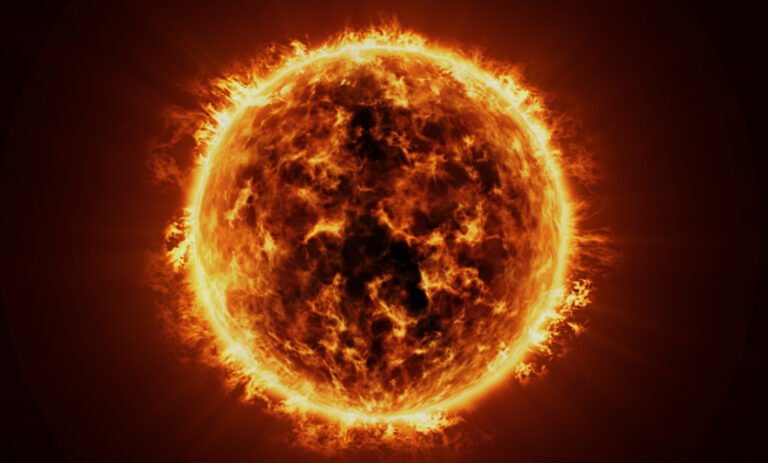
Exploring the Enigma of Black Holes
Black holes are among the most mysterious and fascinating phenomena in the universe. These cosmic objects are regions of spacetime where gravity is so intense that nothing—not even light—can escape. They challenge our understanding of physics and spark endless curiosity.
How Are Black Holes Formed?
Black holes typically form from the remnants of massive stars. When a star exhausts its nuclear fuel, it can no longer counteract gravity, leading to a catastrophic collapse. If the collapsing core’s mass exceeds approximately three solar masses, it forms a black hole.
Types of Black Holes
- Stellar Black Holes: These are formed from dying stars and typically have a mass between 3 and 10 times that of the Sun.
- Supermassive Black Holes: Found at the centers of galaxies, these giants can be billions of times more massive than the Sun. The Milky Way’s central black hole, Sagittarius A*, is an example.
- Intermediate Black Holes: These are less common and have masses ranging from hundreds to thousands of solar masses.
- Primordial Black Holes: Hypothetical black holes that may have formed shortly after the Big Bang.
Anatomy of a Black Hole
Singularity: The core where matter is compressed into infinite density.
Event Horizon: The boundary around the singularity beyond which nothing can escape.
Accretion Disk: A ring of gas and debris that spirals into the black hole, emitting intense radiation as it heats up.
Mind-Bending Physics
Black holes are laboratories for extreme physics. They warp spacetime, slow down time, and influence the paths of nearby stars and light. Einstein’s theory of general relativity predicts these effects, but black holes remain key to solving deeper mysteries, such as quantum gravity.
Recent Discoveries
In 2019, scientists captured the first-ever image of a black hole’s shadow in galaxy M87 using the Event Horizon Telescope.
Gravitational wave observatories like LIGO and Virgo have detected mergers of black holes, offering insights into their formation and behavior.
Why Do Black Holes Matter?
Understanding black holes can unlock secrets about the universe’s origin, evolution, and ultimate fate. They are critical for testing theories of physics and exploring phenomena beyond our comprehension.





